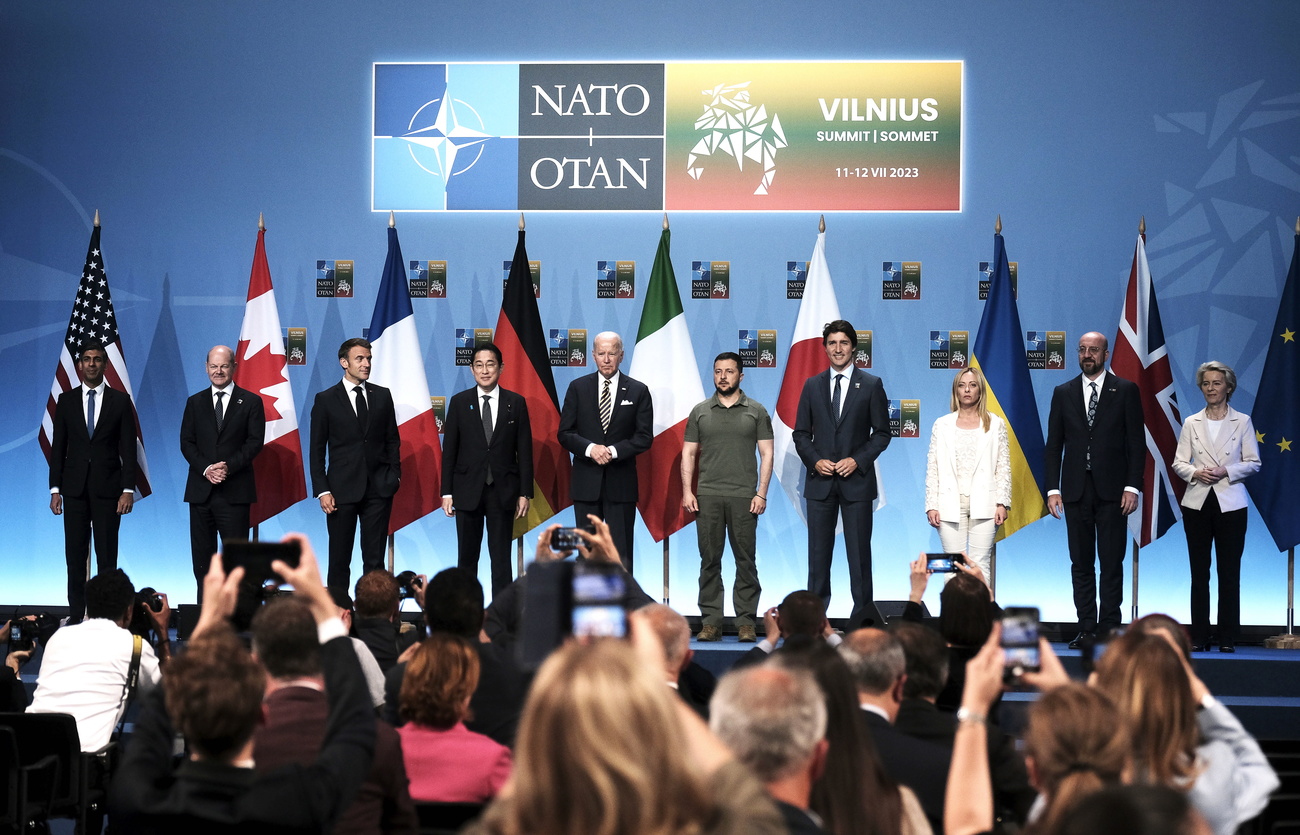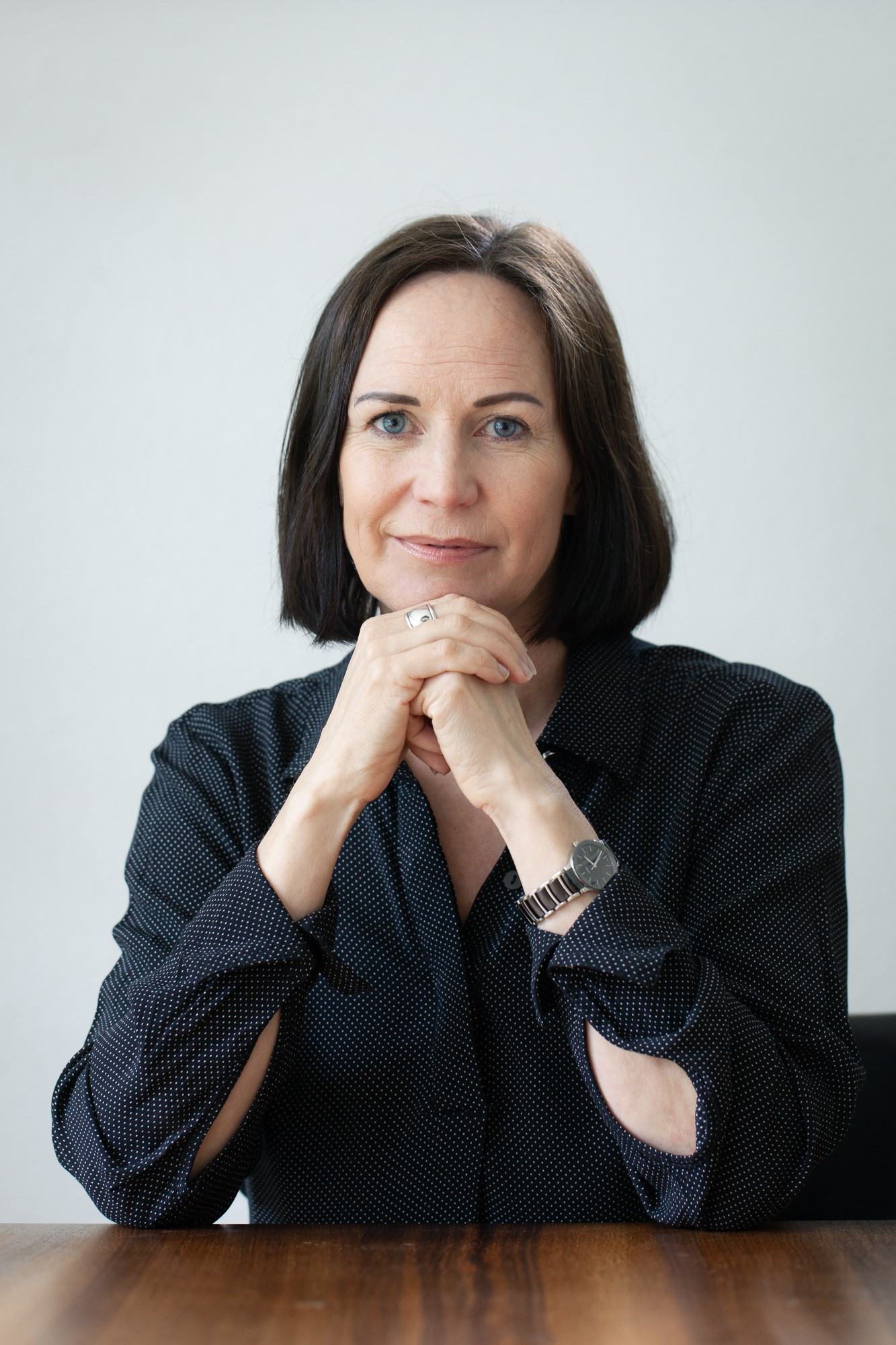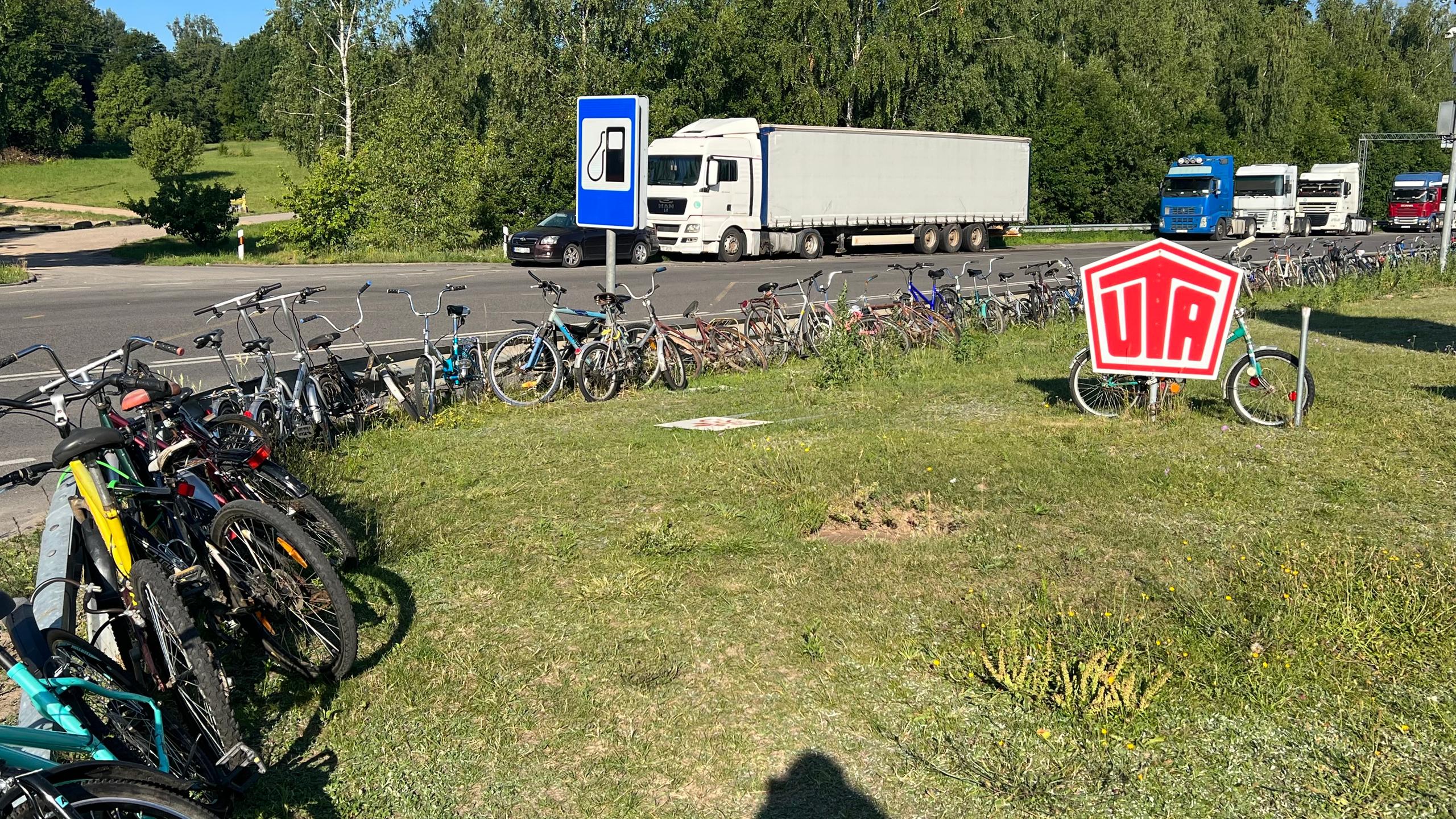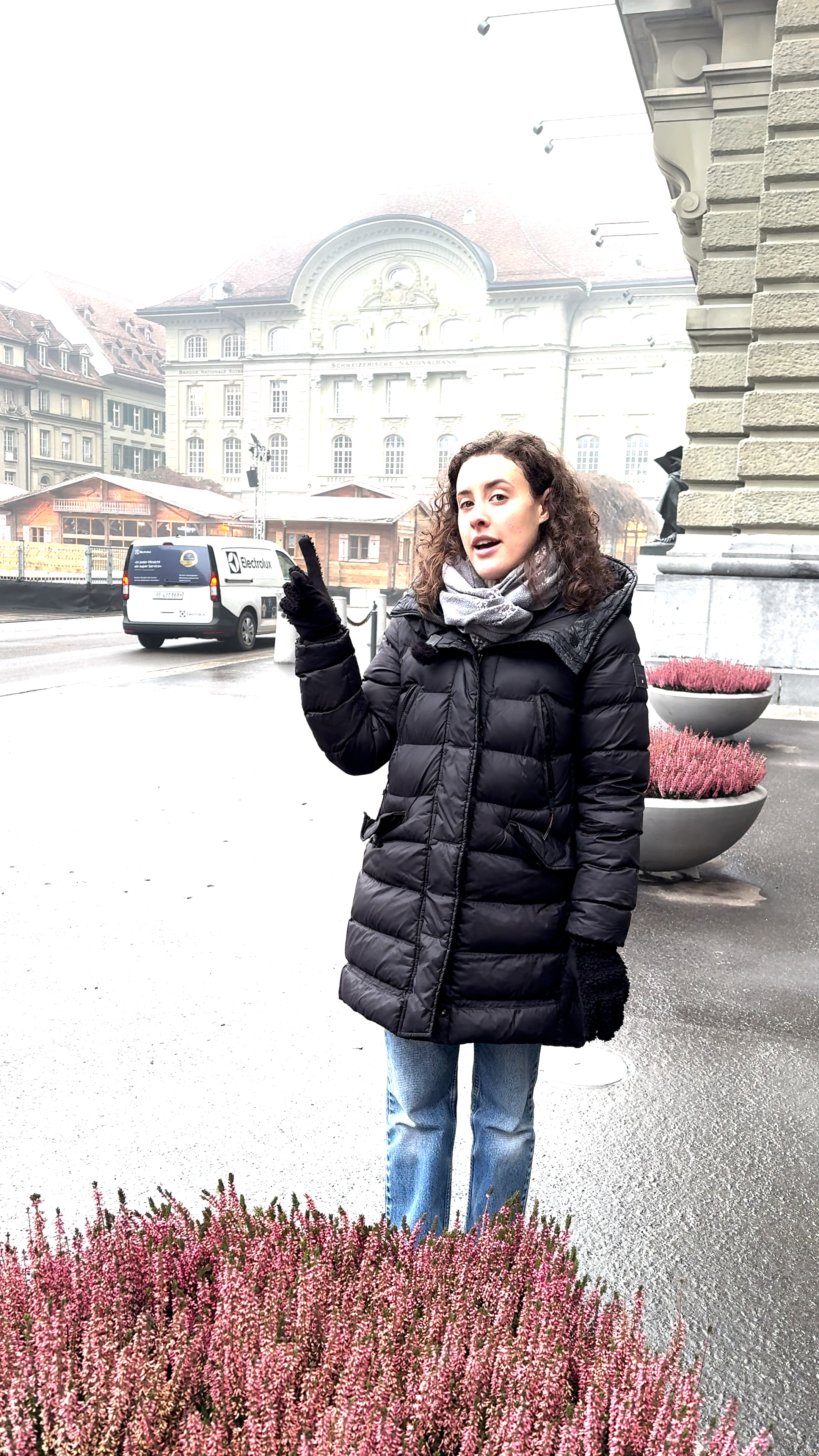
Vilnius NATO summit: what next for neutral Switzerland?

This week’s annual NATO summit in Vilnius, Lithuania, was a landmark gathering for the Western defence alliance, with the addition of Finland and the prospective admission of neighbour Sweden, two formerly neutral states. What do the changes mean for Switzerland?
“I wish I could always feel so safe,” declared Lithuanian President Gitanas Nausėda at the opening of the NATO summit, which took place on July 11-12.
Over the past few days, the Baltic city of Vilnius, with its beautiful Old Town and baroque architecture, has resembled a heavily armoured fortress. Over 12,000 police and soldiers were on call to help provide security for the annual gathering. At the airport, the German army had even positioned a Patriot anti-aircraft missile system.
The eventful summit took place 500 days after the start of Russia’s war of aggression against Ukraine and amid a major reorganisation of the defence alliance.
Finland’s decision to join NATO broke with seven decades of military non-alignment and doubled the length of the border NATO shares with Russia. Turkey’s president, Recep Tayyip Erdogan, dropped his opposition to Sweden joining NATO, and Ukraine President Volodymyr Zelenskiy cooled down his rhetoric demanding a quick entry into the alliance.
“NATO is stronger, more energised and yes, more united than ever in its history,” declared United States President Joe Biden, capping the two-day meeting. “Indeed, [it is] more vital to our shared future. It didn’t happen by accident. It wasn’t inevitable.”
No Swiss presence in Vilnius
Neutral Switzerland is not a member of NATO, but it has taken part in the alliance’s Partnership for Peace programme for more than 25 years. Swiss government officials were not present in Vilnius this week.
“Switzerland is not invited as a participant or as an observer,” said the Federal Department of Defence, Civil Protection and Sport (DDPS).
But Switzerland is interested in boosting cooperation with the Western defence alliance in general.
“The membership of the [two] Nordic countries is now freeing up positions in the NATO command structures,” Pälvi Pulli, head of security policy at the DDPS, told SWI swissinfo.ch ahead of the summit. “Switzerland is also examining sending personnel to NATO centres of excellence, such as the Competence Centre for Engineers.”
This specialist agency, based in Ingolstadt in southern Germany, supports NATO and partner states in developing military strategies.

Pulli said the addition of Sweden and Finland, formerly neutral states, to NATO creates new opportunities for Switzerland – but also challenges.
“The group of European NATO partner states has become smaller and now has less weight compared to the alliance,” she noted.
Switzerland is now considering participating in the “entire spectrum of exercises, including for collective defence within the framework of Article 5 of the NATO treaty,” added the Swiss official.
Under Article 5, an attack against a NATO country is considered an attack on all NATO allies.
Swiss participation would be a consequence of recent geopolitical developments, said Pulli.
“If Switzerland were attacked, then legal obligations linked to neutrality would no longer apply and we should then have the option of defending ourselves together with our partner countries, most of them NATO members,” she said.
The strengthening of international cooperation should also help in this respect. And such a development is much more plausible after Russia’s attack on Ukraine, she noted.
Any rapprochement with NATO can only take place “with due regard for neutrality and the interests of the partner states”, insisted Pulli. “There is no fixed, established code of conduct for neutral states. We can largely define how we deal with issues of neutrality independently.”
But it is also clear, she said, “that the direct delivery of arms to a warring nation such as Ukraine must be ruled out under neutrality law, as is the obligation for common defence”.
Thirty kilometres to Belarus
Standing in the capital of Lithuania, which is sandwiched between the Russian enclave of Kaliningrad to the west and Belarus to the south, it is clear how urgent questions of collective security have become. There are many similarities between Lithuania today and Berlin during the Cold War period. Just 30km outside the Lithuanian capital, a border secured by high fences separates (democratic) Europe from the (authoritarian) Russian zone.
More
At the Medininkai border post, between Lithuania and Belarus, SWI swissinfo.ch encountered many Iraqi and Syrian refugees who were being sent across the border on bicycles by the Belarusian authorities. They refused to answer questions or be photographed. According to Finnish security expert Rasmus Hindren, they are part of “hybrid warfare that we have been observing for years at various external borders of the European Union”.

While Lithuania (65,000 km2, 2.8 million inhabitants) used this week’s summit to make clear the connections between Russia’s war in Ukraine and the Baltic state’s own security interests, Switzerland and its security concerns were absent from the meeting in Vilnius.
Edited by Mark Livingston. Translated from German.

In compliance with the JTI standards
More: SWI swissinfo.ch certified by the Journalism Trust Initiative































You can find an overview of ongoing debates with our journalists here . Please join us!
If you want to start a conversation about a topic raised in this article or want to report factual errors, email us at english@swissinfo.ch.